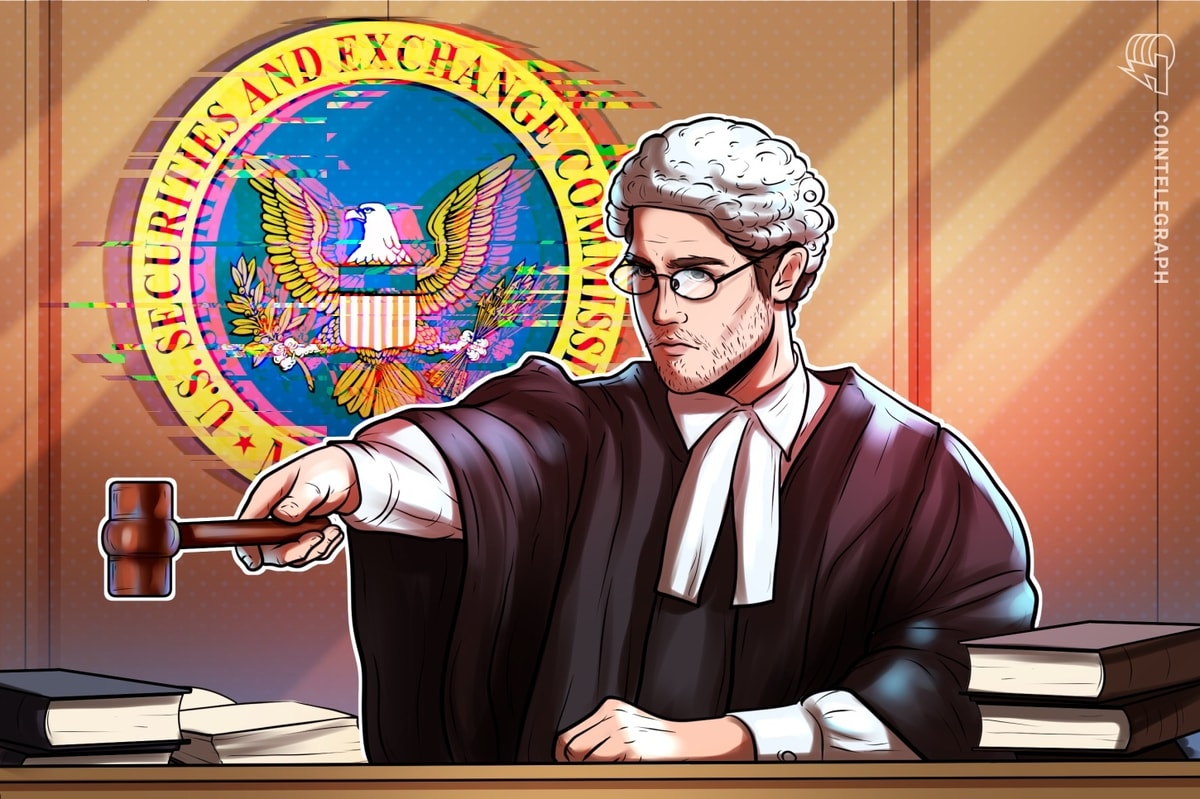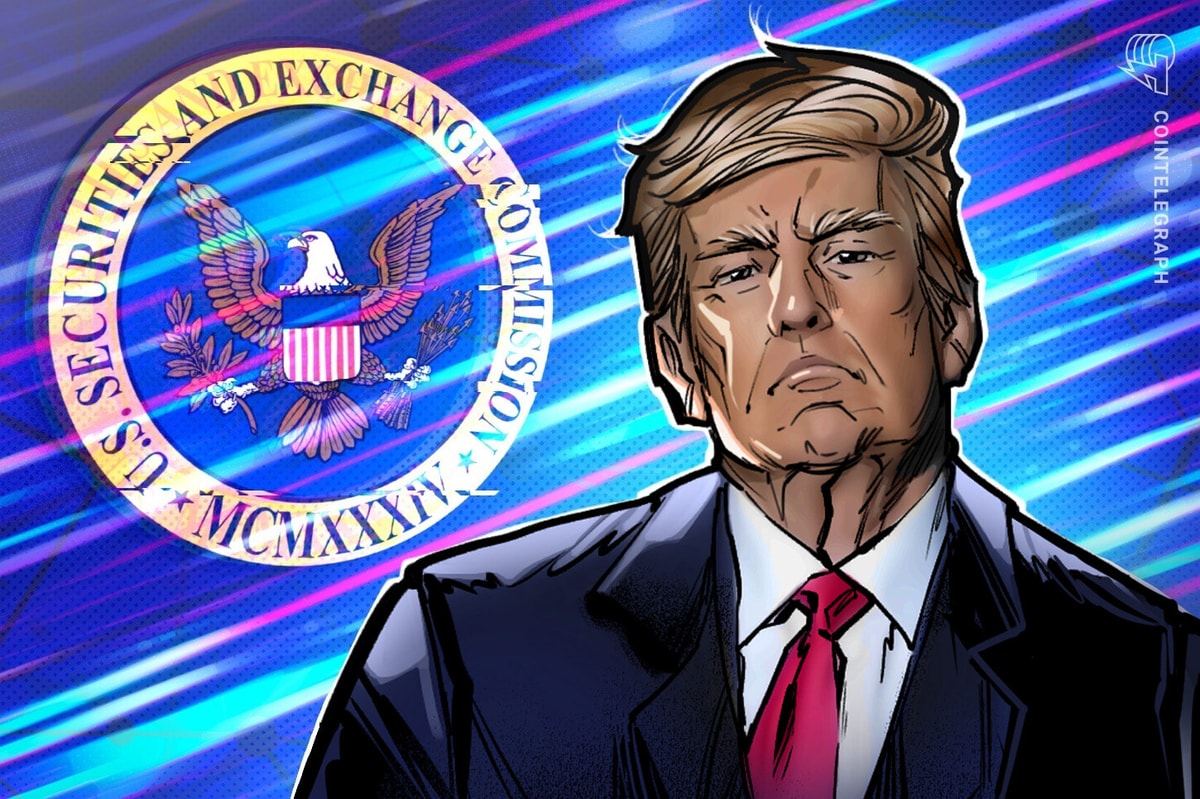Telegram stated the U.S. Securities and Exchange Commission (SEC) is overstepping its regulatory mandate and misapplying securities law, in a US court this week. The SEC meanwhile, maintains Telegram’s TON sale was an unregistered securities offering.
Telegram ICO is an Investment Contract, Says SEC
In its motion for summary judgment submitted to the court on Wednesday (January 15, 2020), the SEC maintained that Telegram’s Gram tokens are unlicensed securities. An excerpt from the motion quoted by Law360 reads:
In determining that the Grams were securities, this court should look to the economic reality of what Telegram was doing: raising money to build a platform that would create value and profits for the investors. Much like a stock certificate, a Gram represents an asset. Here, when sold to the investors, that asset was an investment contract.
According to the SEC, the $1.7 billion ICO satisfies the conditions set forth by the Howey Test. The SEC also argued that Telegram investors expect to profit from the launch of the TON blockchain and its eventual integration with Telegram’s messaging app platform.
SEC is Overstepping its Mandate
However, Telegram countered the SEC’s argument, stating that the Commission was attempting to expand its regulatory jurisdiction to a novel tech industry. According to Telegram, its ICO does not satisfy two criteria under the Howey Test, arguing:
The record demonstrates that the SEC cannot establish two prongs of Howey: (1) following launch of the TON Blockchain, future Gram purchasers will not have an expectation of profits based on the entrepreneurial or managerial efforts of Telegram; and (2) there will be no common enterprise in Grams.
For Telegram, its initial private sale falls under the Regulation D exemption, a point the SEC did not seek to counter. Instead, the SEC maintained that the public distribution of Gram tokens nullifies any statutory exemption.
Both parties are still locked in the legal tussle with the court ordering Telegram to produce bank records relating to its $1.7 billion ICO. As a fallout from the legal stalemate, Liquid canceled the sale of Gram tokens earlier in the week, returning funds already deposited by interested investors as per its terms of sale.
The SEC’s investigation into Telegram’s ICO is also preventing the launch of the TON blockchain. Investors have, however, reportedly agreed to push the TON mainnet launch till the start of Q2 2020.
Needless to say, this $1.7 billion dollar conflict still appears to be miles away from ending anytime soon.
Is the SEC overstepping its regulatory mandate in its prosecution of the Telegram ICO case? Let us know in the comments below.
Images via Shutterstock











